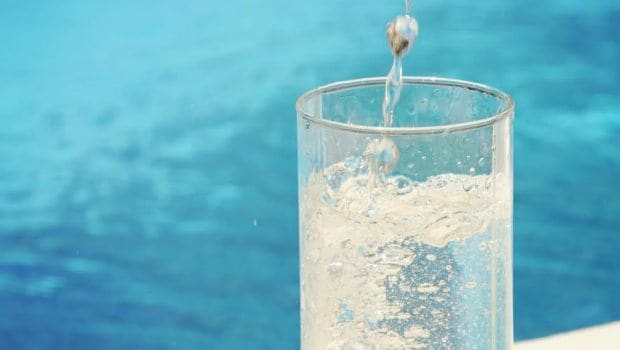IBS (Irritable Bowel Syndrome): What to Eat and What to Avoid
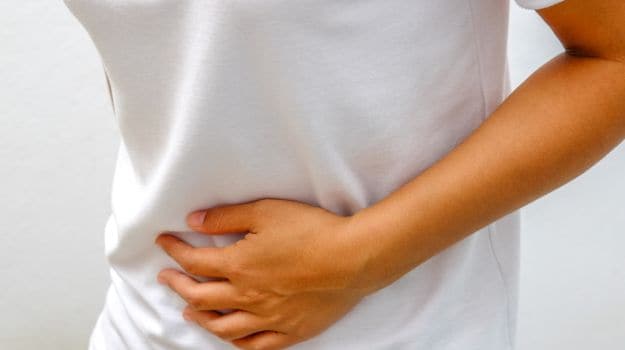
Irritable Bowel Syndrome or IBS is a gastrointestinal disorder (functional disorder), the causes of which are unknown, but it is believed that it could be due to intestinal infection, bile acid malabsorption or sensitivity to a particular food item. IBS is a disorder not a disease so there is no cure in particular for it but there are certain treatments that can be carried out to suppress the effects of the disorder. Some of them are a strict controlled diet, medications (to relieve the pain and uneasiness), probiotics (to strengthen the intestine and digestion in general) and so on. In simpler words, we have intestinal muscles that make up the walls of the intestine. These muscles have an extremely important task to play as they contract and expand continuously in order to push the food from the stomach through the intestines and finally out of your body through your rectum. IBS affects that movement which then creates bowel problems.
What Are its Symptoms?
Primary symptoms include abdominal pains, cramping, discomfort and bloating. Some secondary symptoms include change in your bowel movements, gas, ingestion, constipation, diarrhoea, and nausea. One can even experience anxiety, depression and a major loss in appetite (unwillingness to eat).
“Any form of indigestion should not be considered as a case of IBS, make sure to get a proper diagnosis done before coming to this conclusion. If you are suffering with IBS and your symptoms are maximum or you have reached an ‘acute phase’, it is advisable to have small meals at regular intervals in a day and you must keep yourself hydrated at all times. Some food items that you can avoid at this stage are processed juices (loaded with sugar causing a dumping syndrome), dairy products, high quantities of fiber and so on. Food items that you can have are washed dal, cereals which are low in fiber, yoghurt etc.
People who are suffering with IBS as a chronic disorder (controllable) should consume spices and herbs in moderation because they are rich in antioxidants. In acute phase, spices like red chillies should be avoided. Once a person is cured, he/she can should start eating them,” says Dr. Rupali Datta, Consultant Nutritionist.
Foods You Should Avoid if You Have Been Diagnosed with IBS
1. Cheese and Butter (Dairy Products)
Lactose content in milk and cheese is very hard to digest for people suffering from IBS and can cause diarrhoea.
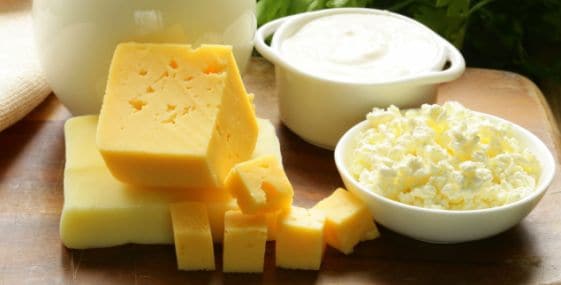
2. Oily Food
They are high in fat content and fats are relatively harder to digest, which is bound to create indigestion.
3. Lentils and Beans
They can create gas in the body causing bloating and cramps.
4. Frozen Food (Processed)
Frozen pizzas and heat-to-eat foods are a trend these days because it serves you with delicious meals without having to actually cook them but they are high on fat and are not recommended to be consumed by IBS patients.
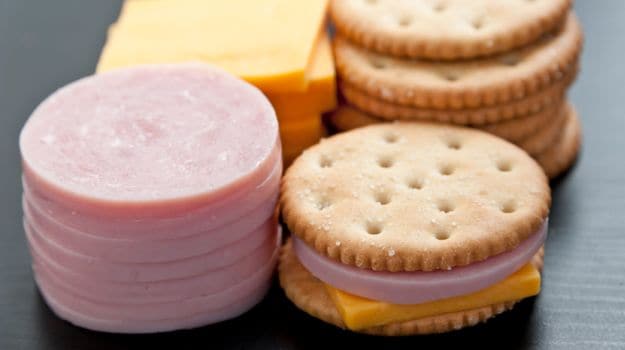
5. Corn
Rich in insoluble fiber, corns should not be consumed as insoluble fiber is difficult to digest and since IBS patients have a weak digestive system, it is recommended to avoid it.
6. Caffeinated Drinks
They can trigger your IBS situation by stimulating colonic spasms, so it is best to avoid these drinks.
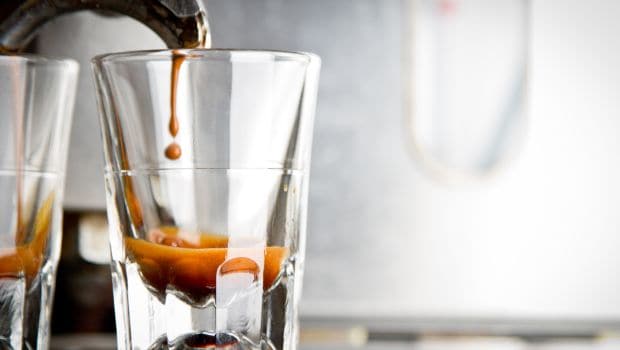
What Should You Eat if You are Suffering from IBS?
Some food items that you need to include in your regular diet if you are suffering from IBS are –
1. Cucumber
Include fresh, green leafy vegetables like cucumber in your diet as they are low in sugar and fats and can load you up with the required nutrients.
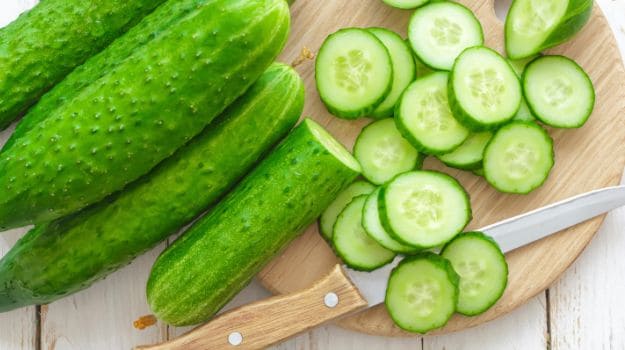
2. Orange
Citrus fruit like orange contains soluble fiber, which can be digested very easily and can keep your stool soft and aid digestion.
3. Zucchini
Stock your home with fresh zucchinis as they are highly nutritious and can be very effective to control IBS.
4. Kiwi
It has high water and soluble fiber content, which makes bowel movement easier. It is also loaded with Vitamin C and potassium, making it a superfood to fight IBS.
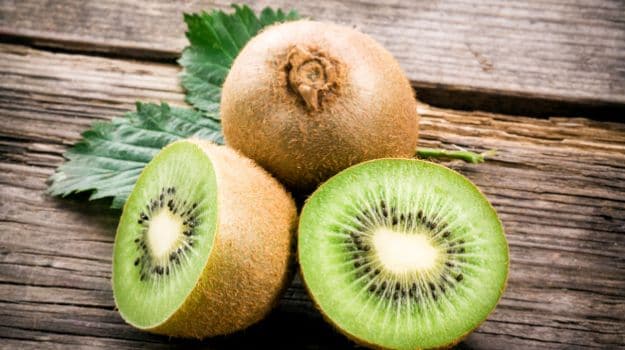
5. Fish
Salmon has a little higher fat content but other than that all fish types are compatible with IBS and they are also rich in protein and do not deter digestion.
6. Water, Loads and Loads of It
Water is very essential to combat IBS you need to stay hydrated ( cannot emphasis enough) this will help your body flush out toxins and aid the bowel movement. You can even drink water in the form of green tea or lemon juice but find a way to intake atleast 2 litres of water a day.
Follow these little tips and tricks, even if you are not suffering with IBS you can still incorporate these food items in your diet to maintain a healthy digestive system.
